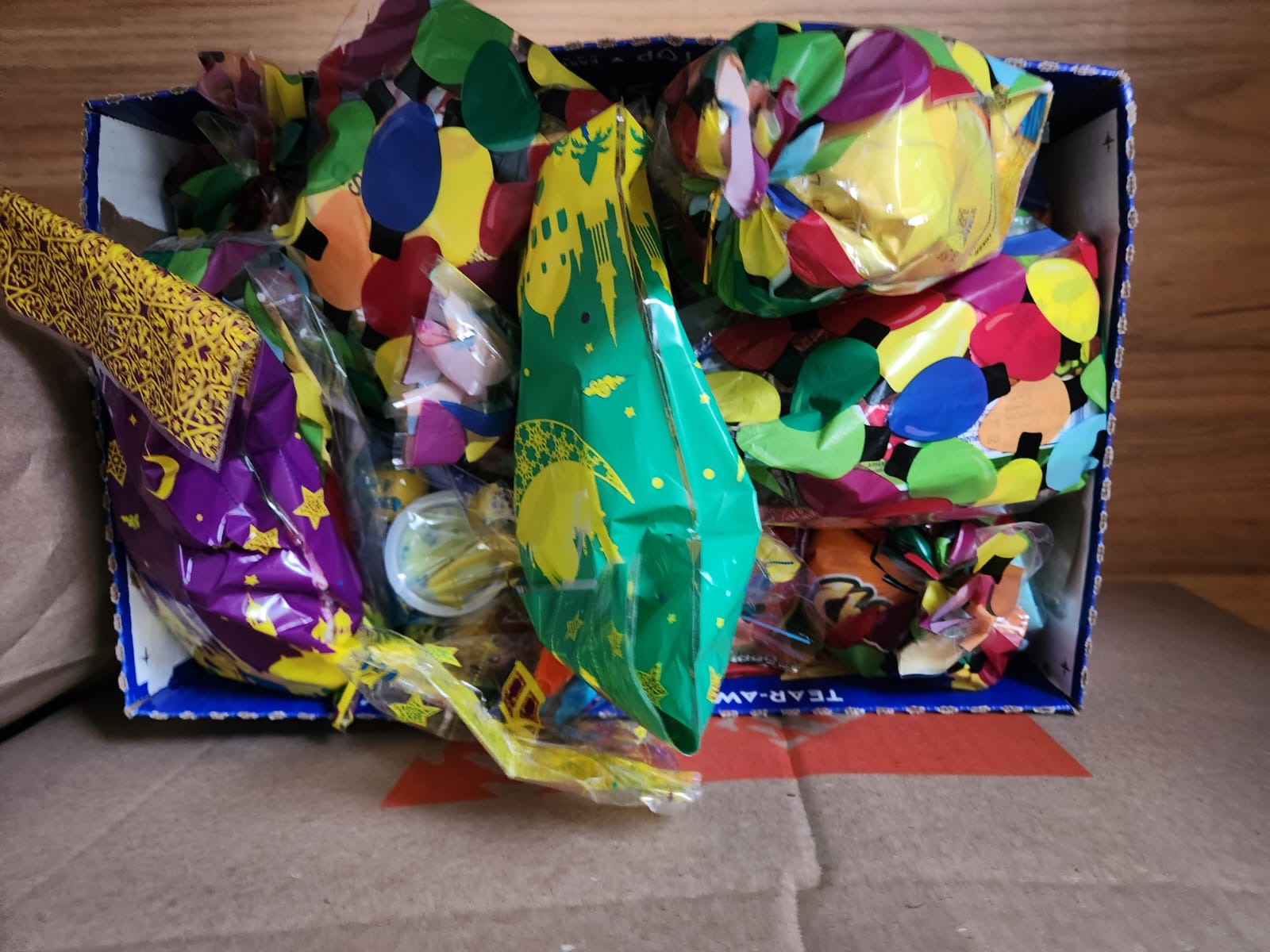An excerpt from "Tibb un Nabawiyy"![]()
Muslim narrated in his Sahih that Jabir bin Abdullah said, "The Messenger of Allah![]() asked his wife for food and she said that I have vinegar. He asked for some of it and started eating from it while saying: "What an excellent food is Khall (vinegar), what an excellent food is Khall (vinegar)". (He ate it with bread.).
asked his wife for food and she said that I have vinegar. He asked for some of it and started eating from it while saying: "What an excellent food is Khall (vinegar), what an excellent food is Khall (vinegar)". (He ate it with bread.).
Ibn-e-Majah narrated from Umm Sa'ad Radi Allaho Anha that Prophet Muhamamd Sallallaho Alaihe Wasallam said : "What an excellent food Khall (vinegar) is, O Allah ! Put Your Blessings in Khall because it was the food of Prophets before me & any house having the Khall (vinegar) will never face poverty". (House having the Khall means that vinegar is the food of its residents).
Khall (vinegar) is a substance that is both hot and cold, although coldness is usually more apparent. It is dry in the third degree and a strong drying agent. Vinegar soothes the body and softens the nature, vinegar helps against gastric inflammation and bile & prevents the harm of toxic medications, and it decomposes milk and the blood when coagulated and helps the spleen. Khall coats the stomach, constipates, quenches the thirst and prevents tumors from occurring. It also helps the digestion process; works against phlegm, softens thick foods and softens the consistency of the blood.
When vinegar is drunk with salt, it will help against poisonous mushrooms. When vinegar is sipped, it will dissolve the clogs that occur in the blood in the lower jaw. When one rinses his mouth with warm vinegar, it relieves toothache and strengthens the gingival.
When a septic finger is anointed with vinegar, it helps to heal it, furthermore, vinegar relieves pustules, hot tumors and fire bums. Vinegar is an appetite stimulant, softens the stomach, and favorable for young people and for those who live in warm areas.
خَلٌ: روى مسلم فى "صحيحه": عن جابر بن عبد الله رضى الله عنهما، أنَّ رسولَ الله صلى الله عليه وسلم سأل أهلَه الإدَامَ، فقالوا: ما عندنَا إلا خَلٌ، فدعا به، وجعل يأكُلُ ويقول: "نِعْمَ الإدَامُ الخَلُّ، نِعْمَ الإدَامُ الخَلُّ". وفى "سنن ابن ماجه" عن أُمِّ سعد رضى الله عنها عن النبىِّ صلى الله عليه وسلم: "نِعْمَ الإدَامُ الخَلُّ، اللَّهُمَّ بَارِكْ فى الخَلِّ، فإنه كان إدامَ الأنبياء قبلى، ولَمْ يَفْتَقِر بيتٌ فيه الخَلُّ".
الخَل: مركَّب من الحرارة، والبرودة أغلبُ عليه، وهو يابس فى الثالثة، قوىُّ التجفيف، يمنع من انصباب المواد، ويُلطِّف الطبيعة، وخَلُّ ينفع المعدة الملتهبة، ويَقْمَعُ الصَّفْرَاء، ويدفع ضَرَر الأدوية القتَّالة، ويُحَلِّل اللَّبنَ والدم إذا جَمَدا فى الجوف، وينفع الطِّحَالَ، ويدبغ المَعِدة، ويَعقِلُ البطن، ويقطعُ العطش، ويمنع الورمَ حيث يُريد أن يحدث، ويُعين على الهضم، ويُضاد البلغم، ويُلطِّف الأغذية الغليظة، ويُرِقُّ الدم.
وإذا شُرِب بالملح، نفع من أكل الفُطُر القتَّال، وإذا احتُسى، قطع العلق المتعلق بأصل الحنَكِ، وإذ تُمضمض به مُسَخَّناً، نفع من وجع الأسنان، وقوَّى اللِّثَة. وهو نافع للدَّاحِس، إذا طُلِىَ به، والنملةِ والأورام الحارة، وحرق النار، وهو مُشَهٍّ للأكل، مُطيِّب للمَعِدة، صَالح للشباب، وفى الصيف لسكان البلاد الحارة.





